My Autistic Brother Made Me Who I Am
Family is non-refundable, but one influencer flouted that idea when she ‘rehomed’ her adopted autistic son.
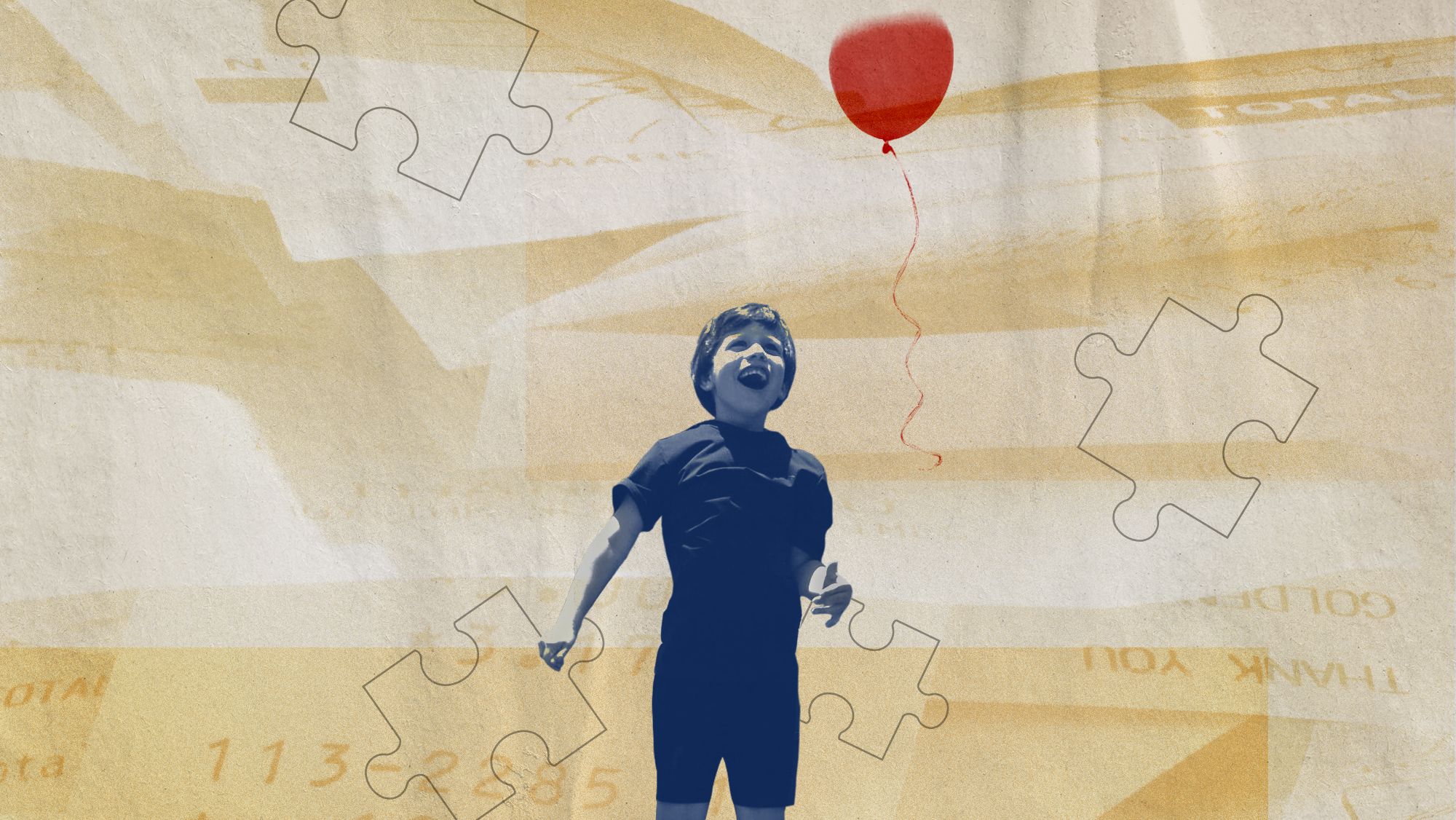
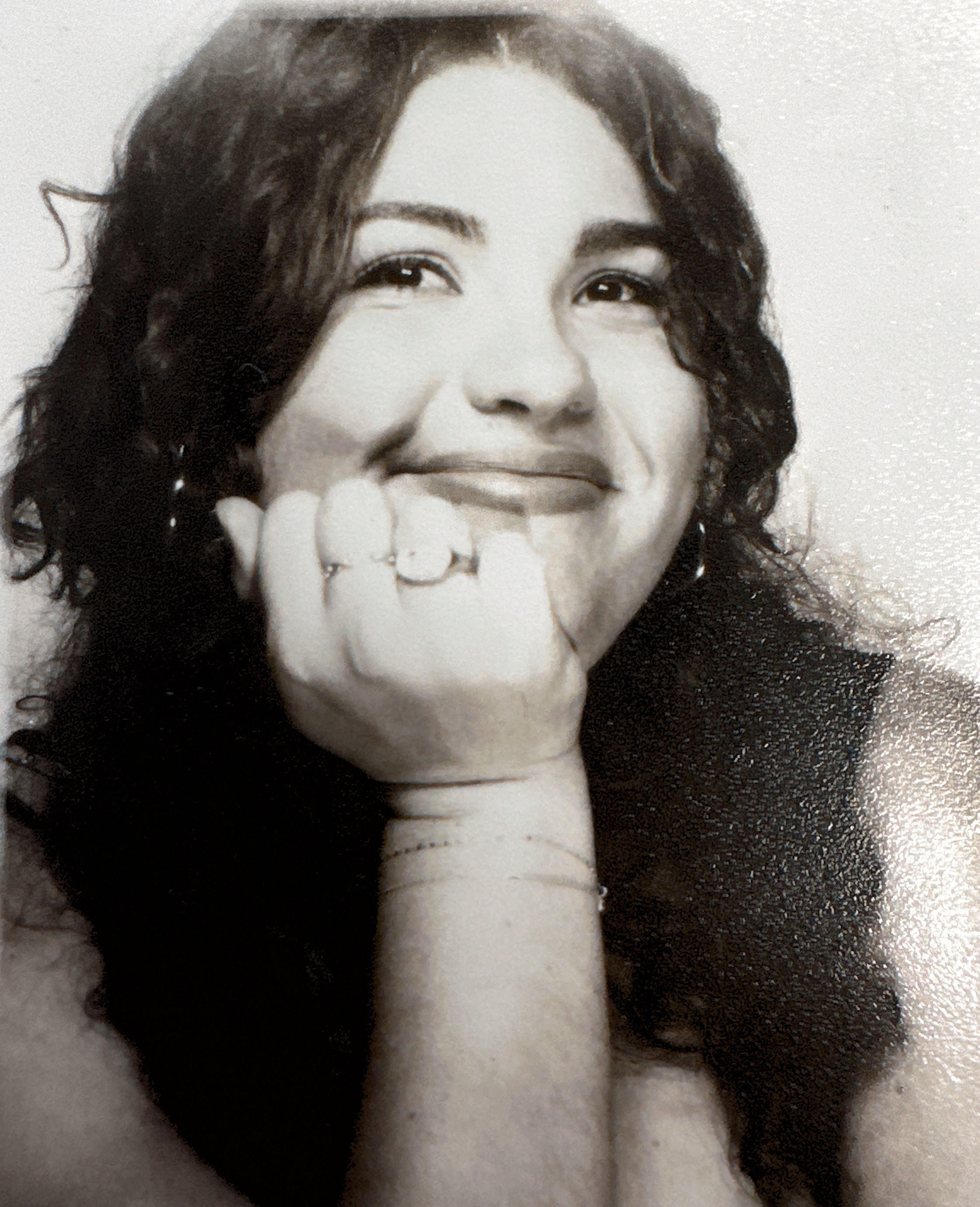
My brother Dominic was born on June 1, 2005. To my parents, he was an accident, an unplanned fourth child. But he was also a blessing. As I held him in my small, 8-year-old arms for the first time, I immediately felt bonded in a way only older siblings do; a love so deep it would be impossible to reach the bottom of my heart.
Looking at him that first day, I could already picture how my life would change with him in it. The Rodriguez children were now a group of four—two girls, two boys; a perfect balance. Dominic would play sports, charm a couple of hearts, perhaps even dent my car when I allowed him to take it out for a ride on a weekend home from college. He never got to do those things. Instead, some higher power gave Dominic Wynne-Tolon Rodriguez a life no one in my family ever saw coming. My brother is autistic.
Dominic was diagnosed at two-and-a-half years old. While his diagnosis came as a shock, I accepted it and moved on. My parents, searching for blame, were bitter and lost for some time. It was like a light went out and we didn't have a replacement bulb.
The kid who once looked me in the eye couldn't hold my gaze. Certain noises would be too much for him, and he would cover his ears at the slightest sound. He didn't speak then; 15 years later, he still doesn't.
According to a 2016 study from the Centers for Disease Control and Prevention, approximately one in 54 children in the U.S. were diagnosed with an autism spectrum disorder (ASD) that year. Not every autistic child is the same, something I wish more people understood. Often when I tell people my brother is autistic, they envision Leonardo DiCaprio in What's Eating Gilbert Grape or maybe Freddie Highmore in The Good Doctor.
Most medical professionals place children on a spectrum to denote their developmental progress and abilities. It runs from Asperger’s syndrome, whose sufferers are high-functioning and can participate in daily life, including holding conversations and managing their behaviors, to folks who are low-functioning, like my brother, who have a hard time communicating, suffer from extreme obsessive-compulsive disorder, and struggle expressing emotions that fit into the societal standard.
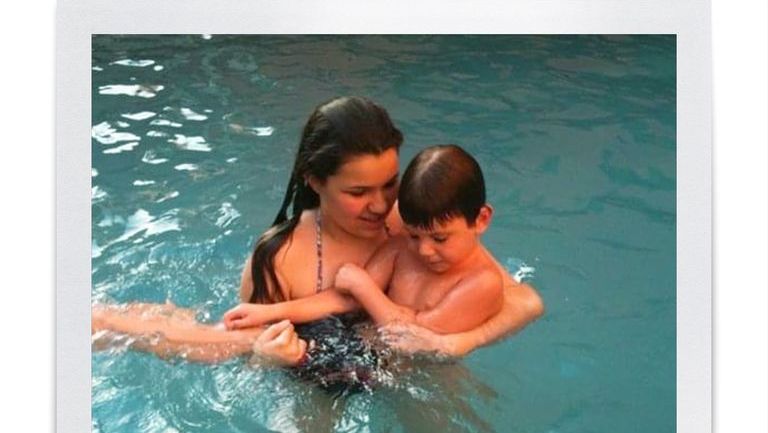
My brother and I on vacation in 2010.
Earlier this year, family-oriented influencer Myka Stauffer published a video on her YouTube channel announcing that she and her husband James had “rehomed” their autistic son Huxley, 5, whom they had adopted in 2017 from China. In an article she wrote for Parade in May about adopting Huxley, Stauffer says that she and her husband were told by the agency that Huxley had a “brain tumor” and “brain damage.” She explained that, at first, they weren't open to a special needs adoption, but “as we let the idea soak in, God softened our hearts.” It wasn't until they came home that they realized Huxley's special needs file was “inaccurate” and that he was diagnosed with “having a stroke in utero, has level three autism [the most severe], and sensory processing disorder.”
Stay In The Know
Get exclusive access to fashion and beauty trends, hot-off-the-press celebrity news, and more.
In the now-deleted video from May 26 called “an update on our family,” Myka and James explain that they placed Huxley in another home with his new “forever family.” Myka said, “there's not an ounce of our body that doesn't love Huxley with all of our being. There wasn't a minute that we didn't try our hardest.... After multiple evaluations, numerous medical professionals have felt that he needed a different fit and that [with] his medical needs, he needed more.”
I couldn't click at first; I slept on it. I knew watching the video would open up a wound that would take weeks to heal. The next morning, watching the video, I felt nothing. The kind of nothing there isn't even an emotion for. It's the one where you are so angry, sad, and confused that they cancel each other out in some weird emotional math. All I could think about was Huxley. Did the Stauffers explain to him why they were rehoming him? Does he know he's still loved regardless? How will this affect his progress? It was hard not to be judgmental. This was their decision, their version of parenting. Who was I to question it? On the other hand, when you publicize your life, doesn't that welcome scrutiny?
I think the reason I hesitated to learn more about the Stauffers is because I was dealing with my own feelings about a recent decision involving my brother and his future.
My brother’s tick, the thing that sets him off, started with us. It was, unfortunately, resulting in a growing number of violent outbursts when things in his environment weren’t the way he wanted them to be. As Dominic got older, he couldn’t control his strength or temper. Most of our arguments would start with food, then escalate. One time, on my watch, he nearly ate a full large pizza; when I came in to grab the last couple of slices, he dug his nails into my left hand, refusing to let go until I gave up the pizza. The scars are a reminder.
The physical and emotional toll proved to be too much for my family. Four months ago, we decided to place my brother in a facility that specializes in caring for children with autism. It's located 40 minutes from my mother's house in California, and we can visit him whenever we want, as long as we give notice, but we are no longer able to provide him with the full-time care he deserves. Between four and seven aides monitor his surroundings 24/7 as they work to give him a life worth living.
I felt sick with grief. Before he left I tried and tried to tell him how much I loved him, that I wanted to give him everything. How could I be sure he understood me when he’s never been able to say one word to me?
No matter where he lives, Dominic is still my brother, the most important person in my life. I care for him so much that sometimes I don’t think I could possibly treasure anyone else more. Families live apart sometimes, but remain close.
On June 15, Myka posted a notes-app apology acknowledging how naive she was when it came to adopting Huxley. I can't imagine many families giving up or un-adopting their autistic child—I'm sure many don't even think that's a choice. According to the U.S. Department of Health and Human Services, up to 5 percent of adoptions in the U.S. are legally dissolved annually, meaning the child is un-adopted and goes into the foster care system. These kids are at risk of forming insecure attachment, which leads to difficulty trusting future adult caregivers. That kind of trauma doesn’t go away. According to a study from the U.S. Department of Health & Human Services, insecure attachment can cause severe depressive and anxiety symptoms during adolescence and lower self-esteem.
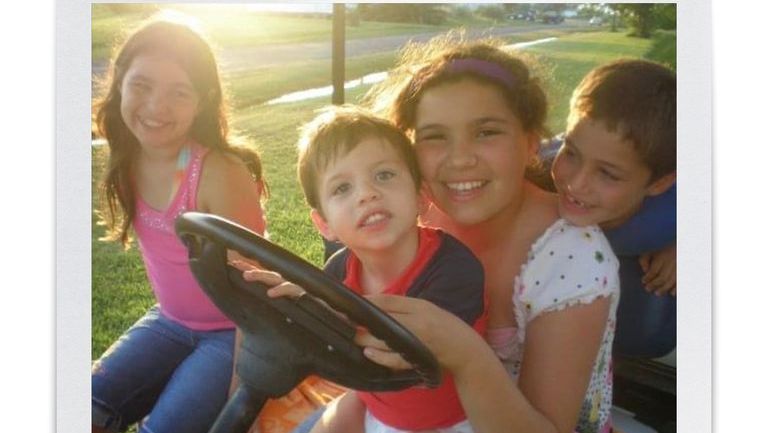
My siblings and I on another vacation in 2008.
Having an autistic sibling is challenging. There have been times Dominic has made me bleed. There have been times I was so embarrassed by something he did in public that I thought I would never recover. There have been times I asked myself, What if? Would my other siblings and I be as close? Would my parents still be together? Would I be the same person I am today? It is dangerous for me to think this way. But over the years, I've come to know that in life there are no what-ifs; only that's-its.
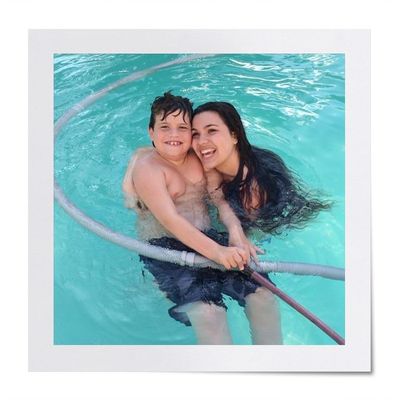
Us swimming together at our house in Texas in 2015.
If I didn't have my brother Dominic in my life, I don't think I’d like that version of Bianca Rodriguez. I think the girl without Dominic would be irresponsible, impatient, insensitive, and unsupportive. Because of Dominic, I’ve learned that the word family means strength, and picking up the slack when others can't, and that there’s no cap on selflessness.
The idea of a perfect family doesn't exist, no matter how intensely pop culture reinforces that narrative. Who wants perfect anyway? I think it’s really the imperfections that make things a masterpiece. Dominic was my family’s greatest work of art and my life without him living under the same roof is going to seem a lot less colorful. I just hope the Stauffers feel the same about Huxley.
RELATED STORY
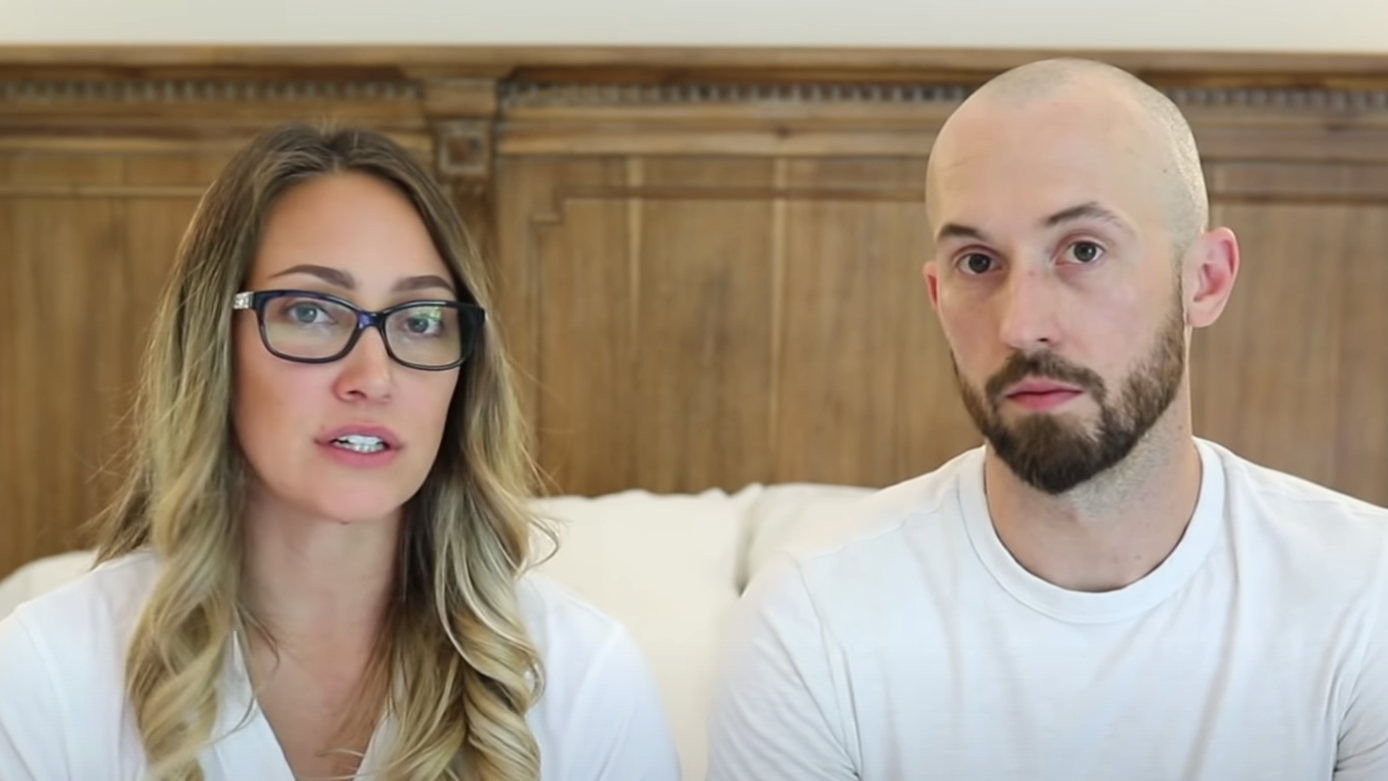

Bianca Rodriguez is the Audience Development Manager at Future, covering fashion, beauty, and more for Marie Claire, Who What Wear US and Who What Wear UK. In addition to spearheading SEO content across brands—whether writing about wardrobe must-haves or strategizing how to make eye-catching content—she is also an avid reader with a deep love and knowledge for books of all genres. More often than not, you can find her lounging with a good book on the weekend.
-
 James Middleton Shares Why He Was "Breathless and Flustered" During Meeting With Queen Elizabeth
James Middleton Shares Why He Was "Breathless and Flustered" During Meeting With Queen Elizabeth"I heard a snort of laughter and looked past the Queen to see everyone in the room stifling their giggles."
By Kristin Contino
-
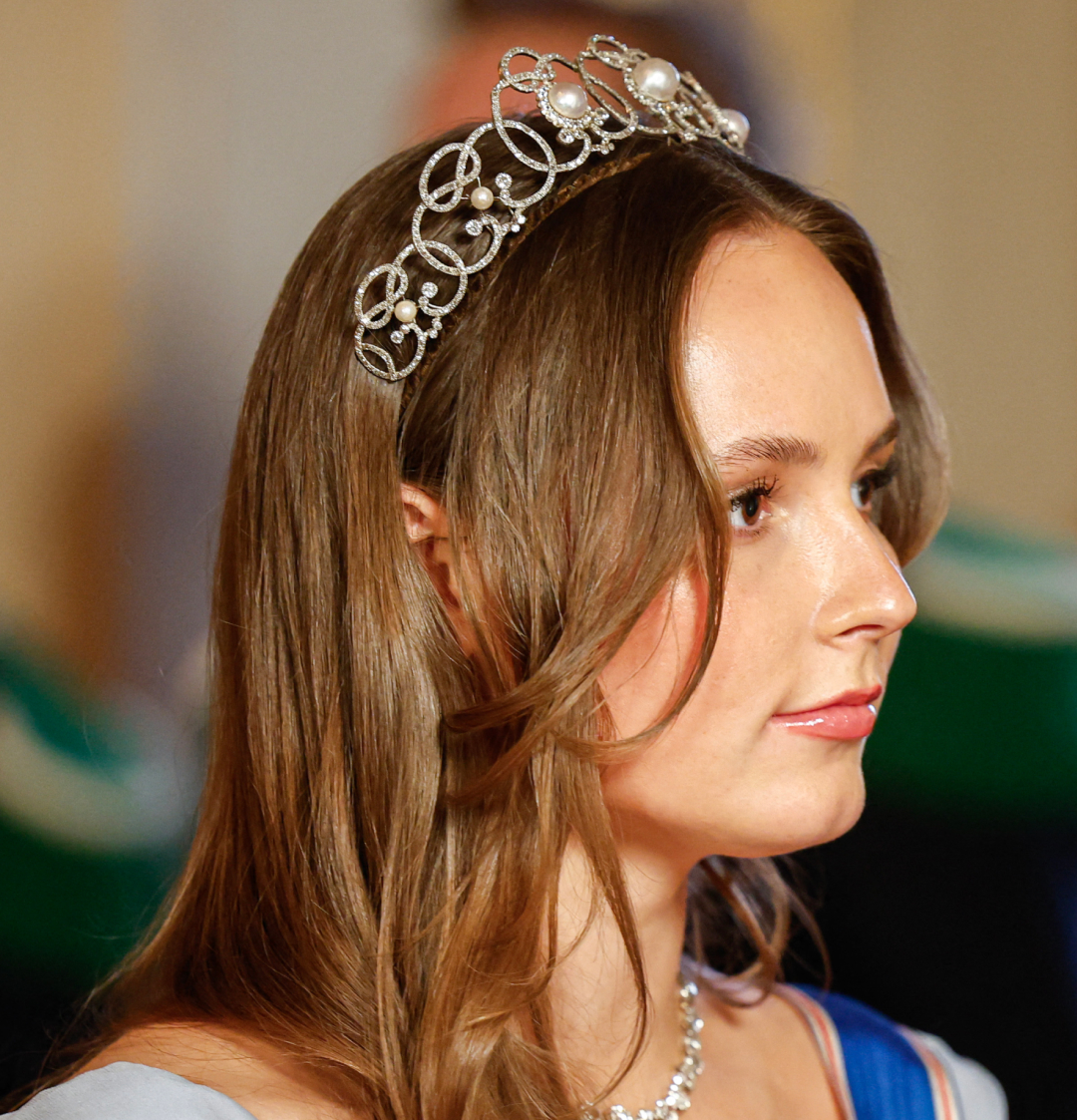 This Modern Princess Will Break a 600-Year-Old Tradition When She Takes the Throne
This Modern Princess Will Break a 600-Year-Old Tradition When She Takes the ThronePrincess Ingrid Alexandra of Norway will follow in a long-ago ruler's footsteps.
By Kristin Contino
-
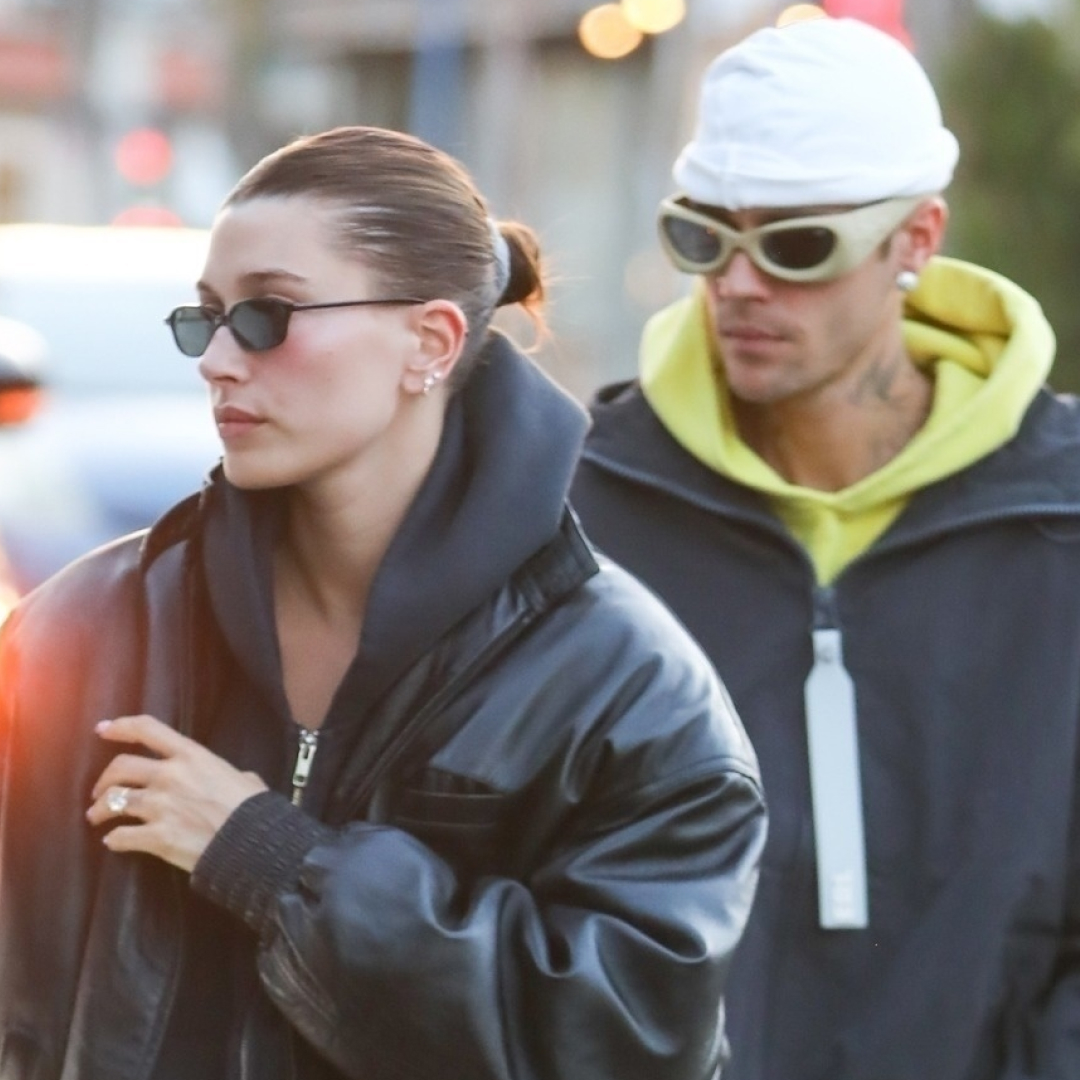 Hailey Bieber's "Favorite Jacket" Is Actually One She Designed
Hailey Bieber's "Favorite Jacket" Is Actually One She DesignedIt's a piece for husband Justin Bieber's new brand.
By Halie LeSavage
-
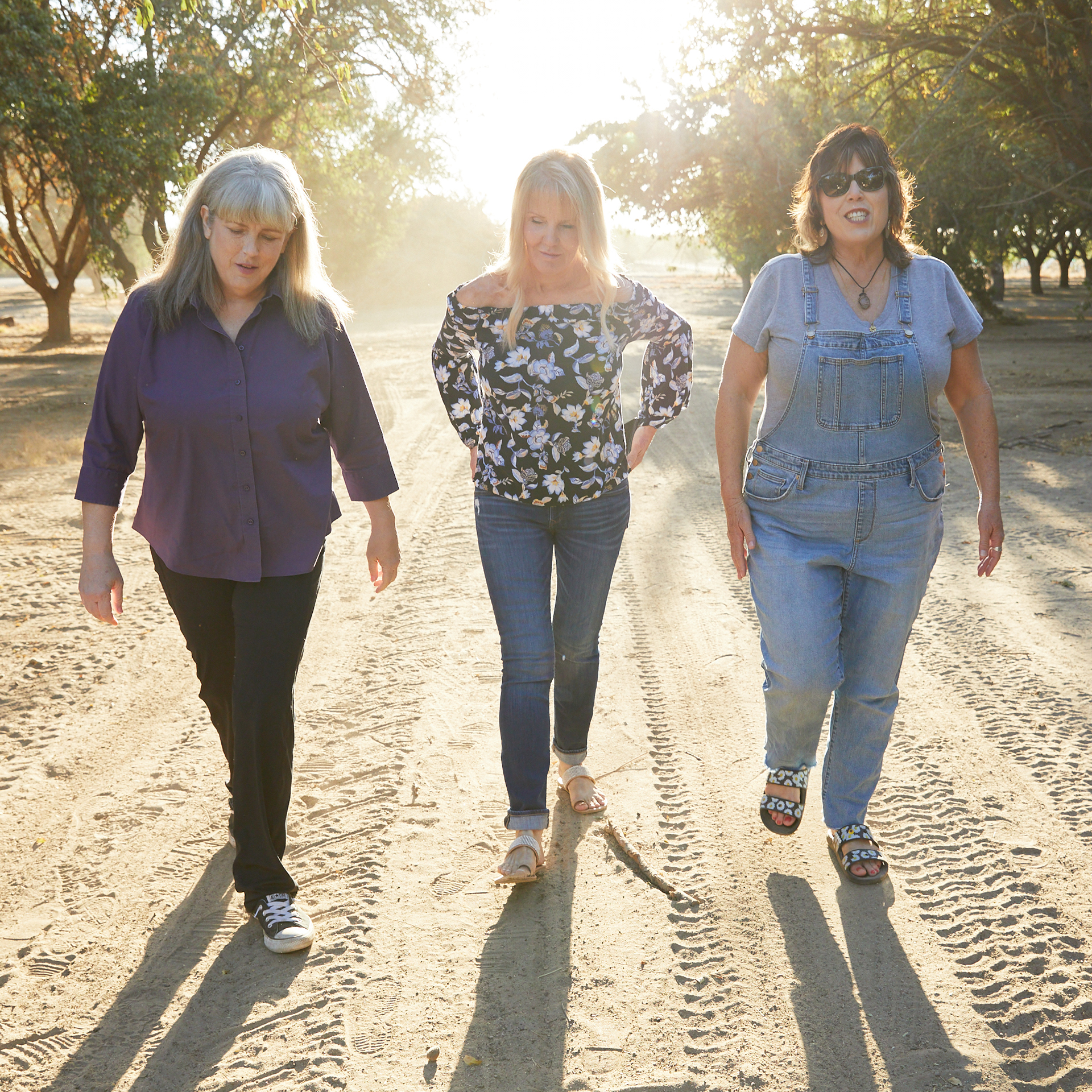 Of Murder and Motherhood
Of Murder and MotherhoodTheir children are gone but these women are united in their fight for justice and answers.
By Katya Cengel
-
 60 Gifts for Mom She'll Truly Love
60 Gifts for Mom She'll Truly LoveFrom creature comforts to luxe indulgences.
By Sara Holzman
-
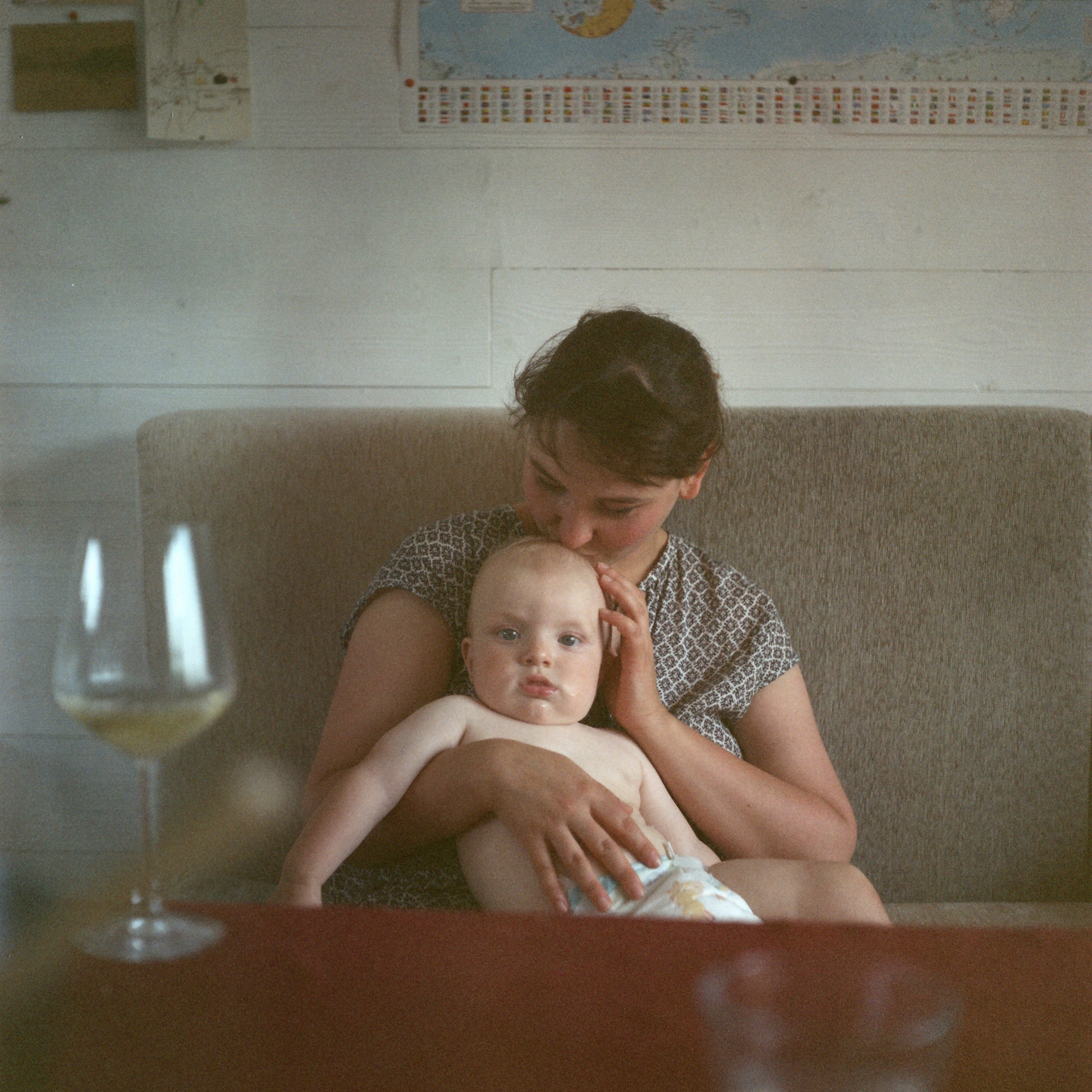 Wine Didn't Make Me a Better Mom
Wine Didn't Make Me a Better MomBut you wouldn't know that scrolling through Instagram. Instead of peddling alcohol and memes, society should give women what they really need: support and resources.
By Kelley Manley
-
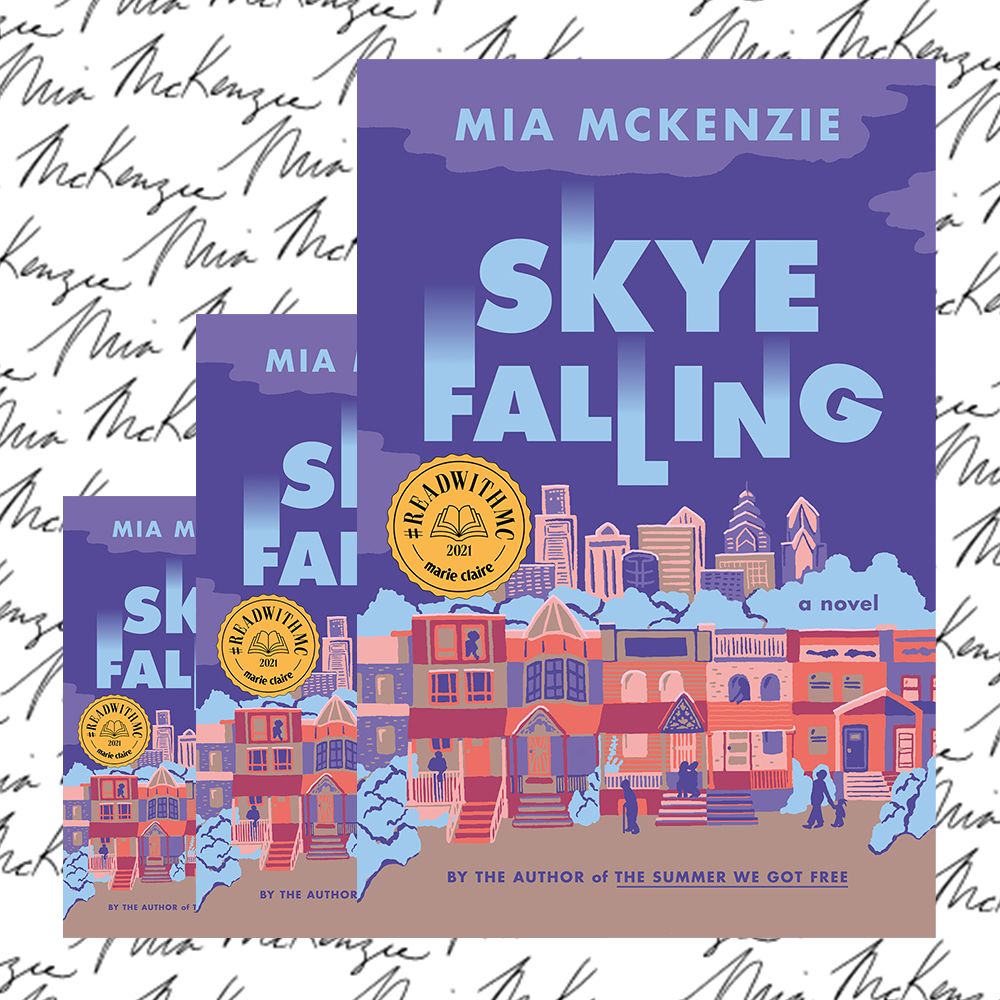 'Skye Falling' Deserves a Spot on Your Summer Reading List
'Skye Falling' Deserves a Spot on Your Summer Reading ListIn July, Marie Claire read Mia McKenzie's 'Skye Falling.' See what the #ReadWithMC community thought about the book here.
By Marie Claire
-
 What to Know About Adria Biles, Simone Biles' Sister and Biggest Supporter
What to Know About Adria Biles, Simone Biles' Sister and Biggest SupporterFeatures Here's what to know about the Team U.S.A. gymnast's supportive, lookalike sis.
By Katherine J. Igoe
-
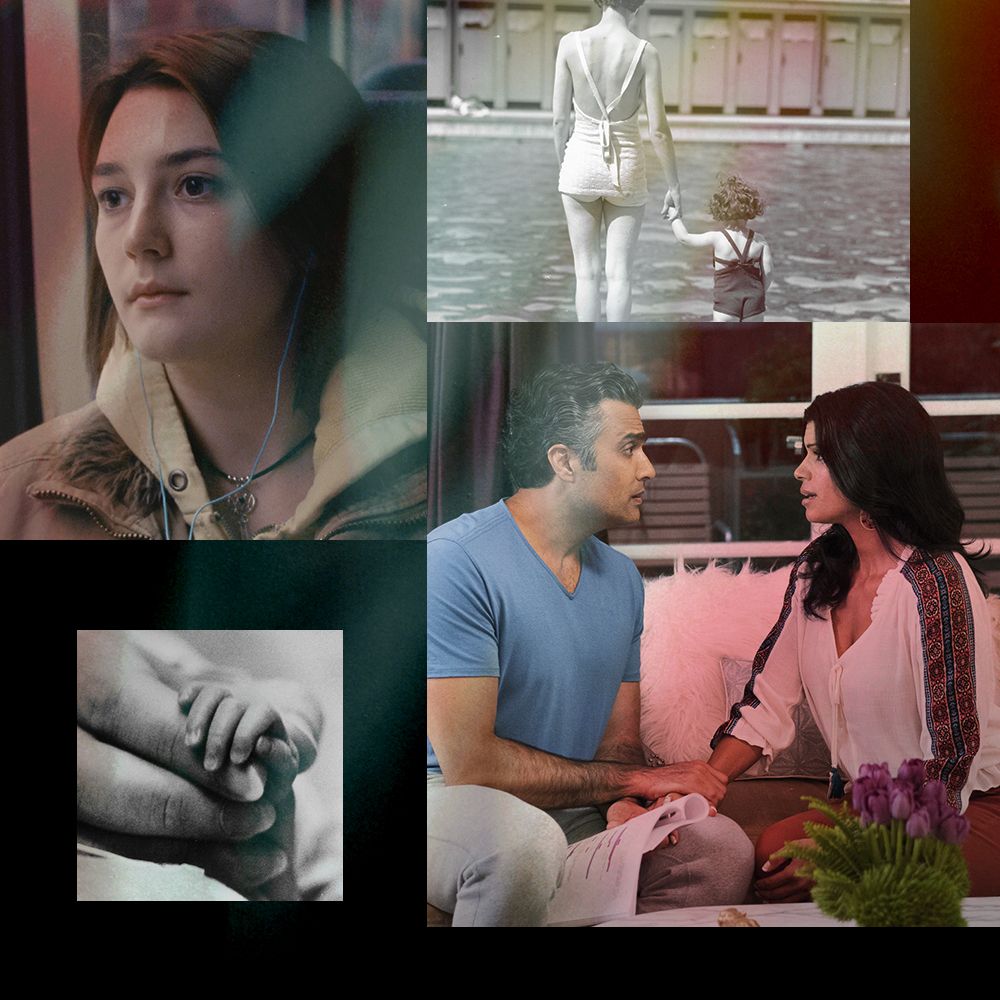 We Need to See More Parents Having Abortions in Film and Television
We Need to See More Parents Having Abortions in Film and TelevisionParents are the most common abortion patients yet storylines about the medical choice almost always revolve around single teens.
By Danielle Campoamor
-
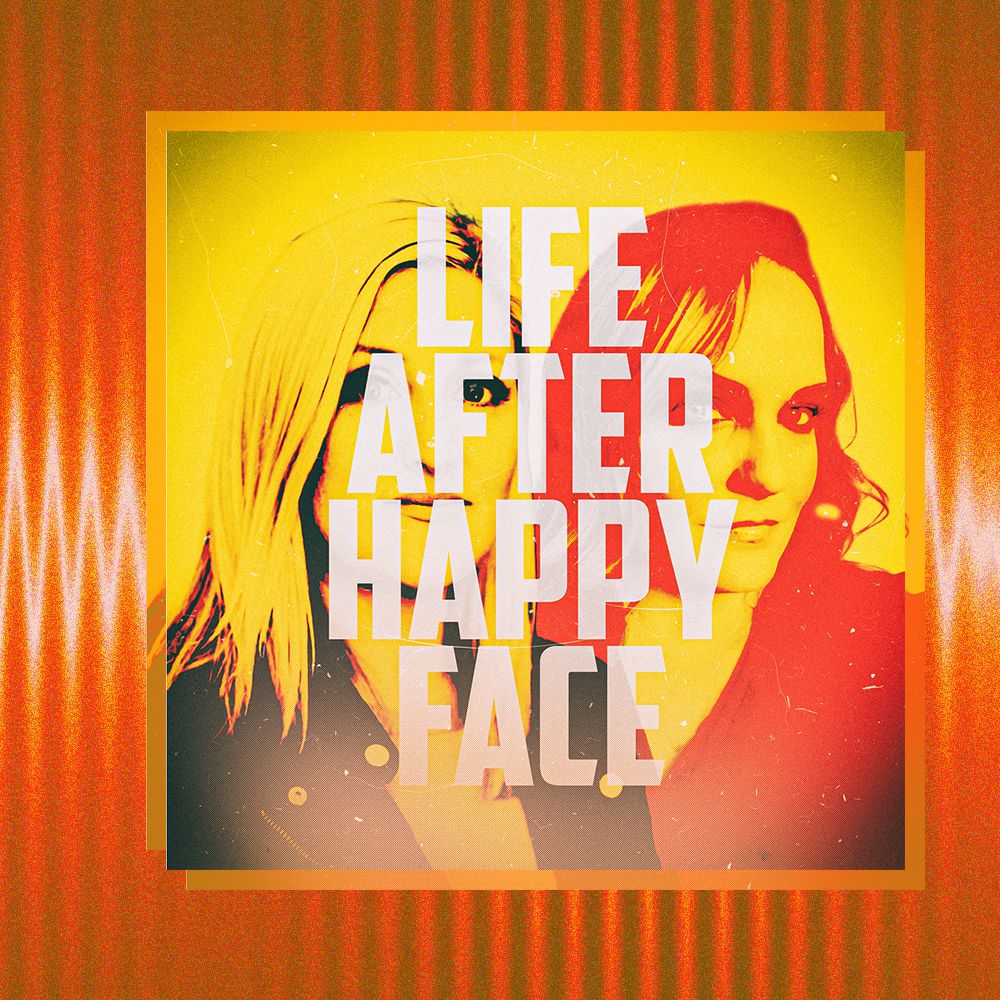 Melissa Moore's 'Life After Happy Face' Podcast Looks at Killers Through New Eyes
Melissa Moore's 'Life After Happy Face' Podcast Looks at Killers Through New EyesThe true crime expert and daughter of the Happy Face Killer opens up to Marie Claire about destigmatizing the label of 'criminal's kid.'
By Maria Ricapito
-
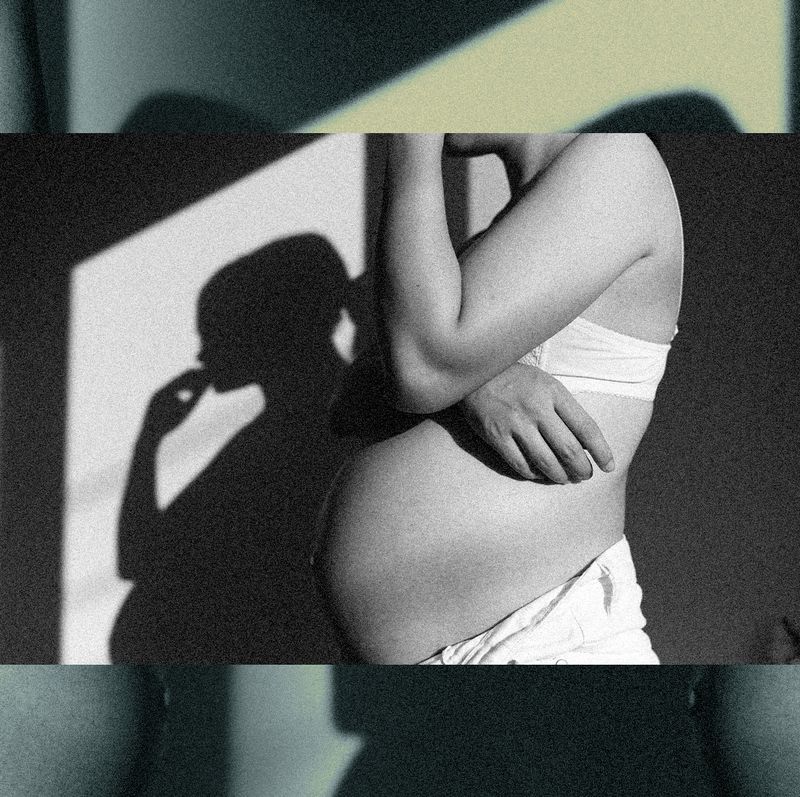 Won't Call the Midwife
Won't Call the MidwifeWith high rates of maternal mortality and coercion in hospital settings, more American women are exploring childbirth without any medical assistance whatsoever. The Free Birth Society provides community, resources, and validation for these convention buckers. But experts warn that choice comes at the expense of safety.
By Rebecca Grant